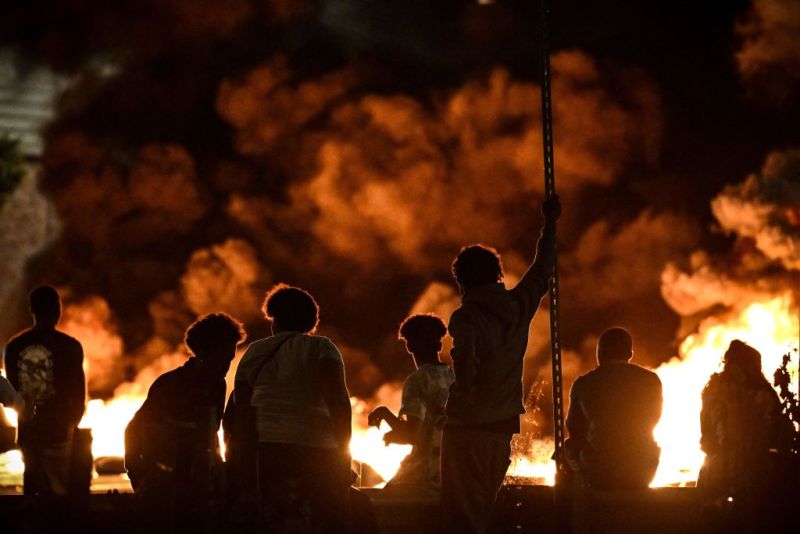
CNA Newsroom, Jul 3, 2023 / 15:13 pm (CNA).
France’s bishops joined other religious leaders over the weekend in responding to the ongoing unrest in their country with a call for peace, dialogue, and a return to calm.
Catholic Church officials also issued a prayer for peace on July 1.
The riots, sparked by the fatal police shooting of a 17-year-old of North African origin named Nahel M. during a traffic stop in Nanterre, a suburb of Paris, have led to days of looting, attacks on public buildings, and destructive mob violence in several cities.
Some 45,000 officers were deployed across the country over the past three nights, according to the BBC. More than 150 people were arrested Sunday night, down from more than 700 the night before. The full extent of the destruction and the number of injured is still unknown.
In a joint statement, religious leaders in France expressed their sorrow over the death and violence. At the same time, they called for a return to peace. “We affirm with one voice that violence is never the right way,” the statement said, decrying attacks on schools, businesses, city halls, and transportation, noting that the residents, families, and children of these neighborhoods are the first to suffer.
The text was signed by Archbishop Éric de Moulins-Beaufort of Reims, president of the French Bishops’ Conference.
Other signatories include leaders of the Conference of Religious Leaders of France: Chems-Eddine Hafiz, rector of the Grand Mosque of Paris; Grand Rabbi Haïm Korsia, chief rabbi of France; Mohammed Moussaoui, president of the French Islamic Council; Bishop Demetrios Ploumios, president of the Assembly of Orthodox Bishops of France; Pastor Christian Krieger, president of the Protestant Federation of France; and Antony Boussemart, president of the Buddhist Union of France.
In the face of attacks on police and authorities, the signatories called for the strengthening of “necessary trust” between sectors of the population and law enforcement agencies. They encouraged politicians to work together responsibly to restore justice and peace.
“Today more than ever, may all believers be servants of peace and the common good. We are all available to contribute to this,” the statement concluded.
The French bishops have also proposed a prayer for the restoration of peace in the country, which was made available to parishes and Catholic communities in France.
The prayer reads in full in English translation:
We ask you, Lord, for the return of tranquility and peace to our country.
We entrust Nahuel to you and pray for his loved ones. May the spirit of light and peace accompany them.
We entrust to you the wounded of these nights of violence, including those whose homes and workplaces have been destroyed or damaged.
We pray, Lord, for those who work in law enforcement and public services, who are under great pressure and sometimes attacked.
Inspire us to promote dialogue and peace with believers of other Christian denominations and other religions, and with all our fellow citizens.
We ask you once again that our society, even beyond the current explosions, may clearly recognize the sources of violence and find ways to overcome them.
Amen.
If you value the news and views Catholic World Report provides, please consider donating to support our efforts. Your contribution will help us continue to make CWR available to all readers worldwide for free, without a subscription. Thank you for your generosity!
Click here for more information on donating to CWR. Click here to sign up for our newsletter.





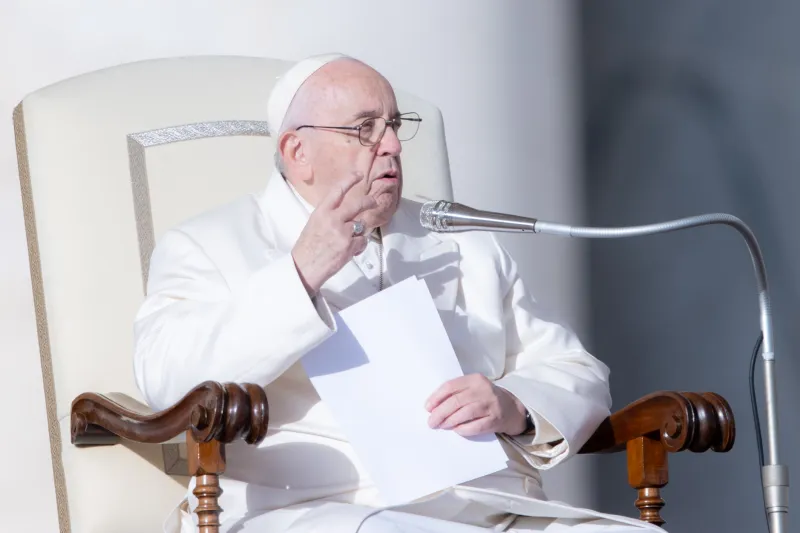
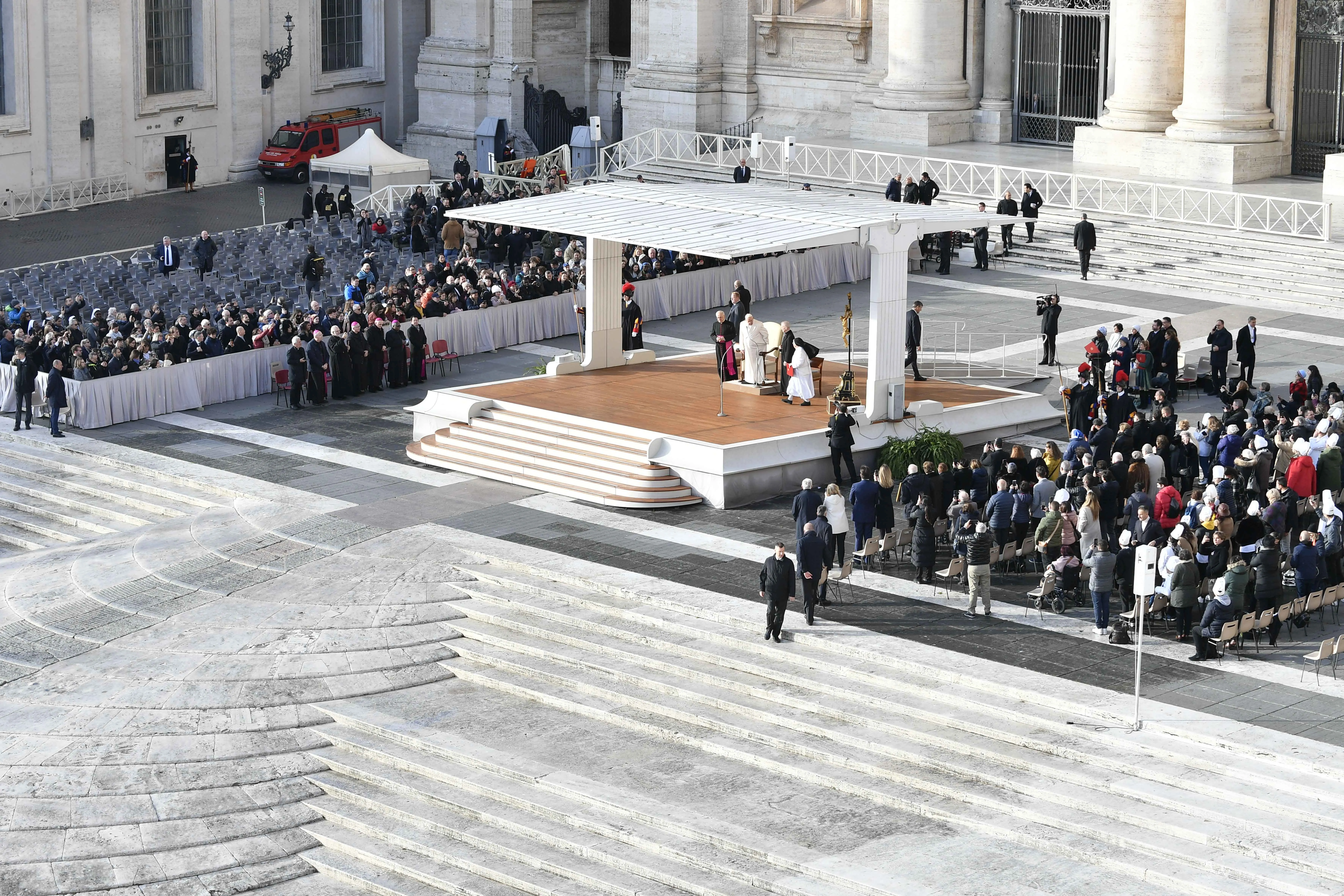
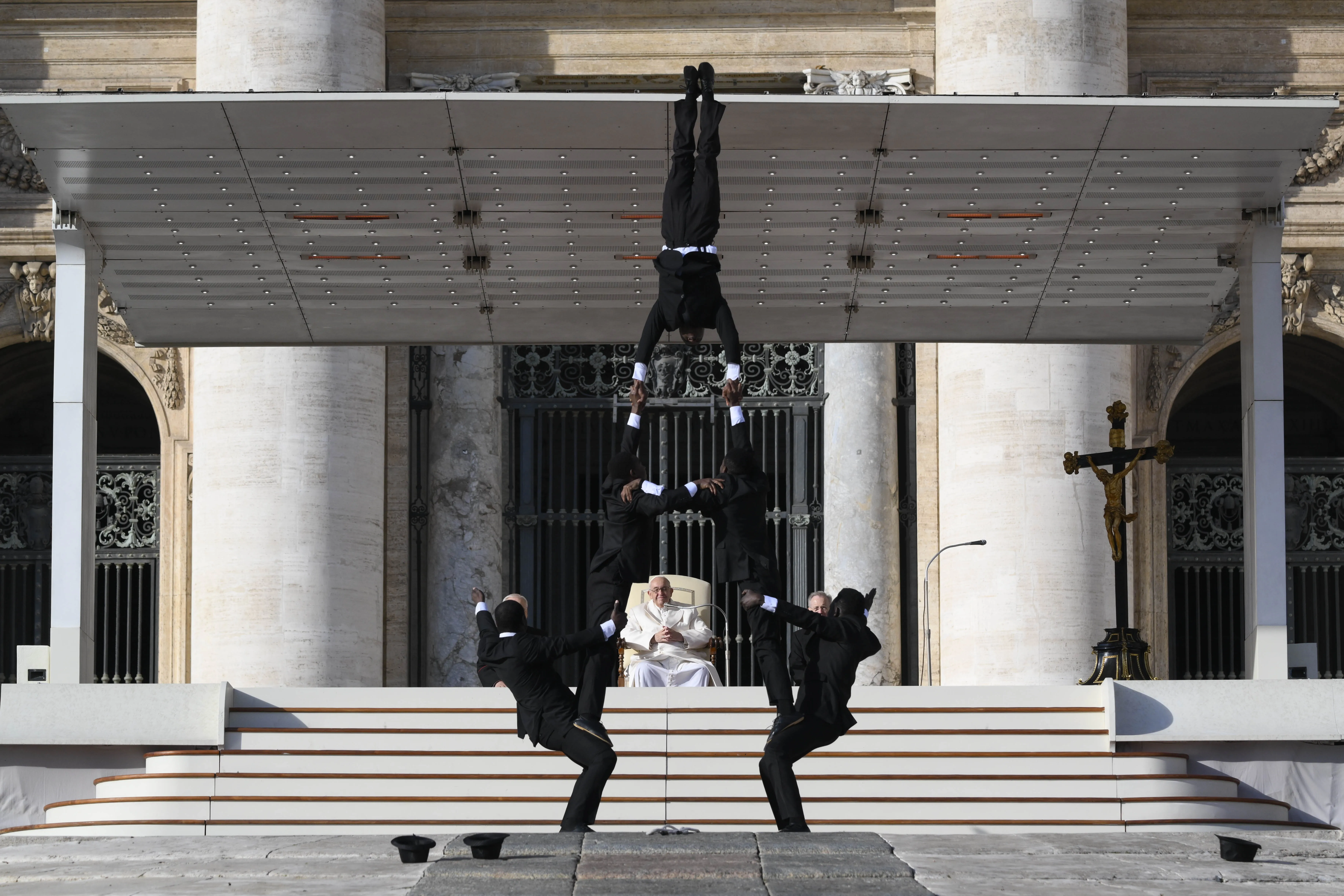
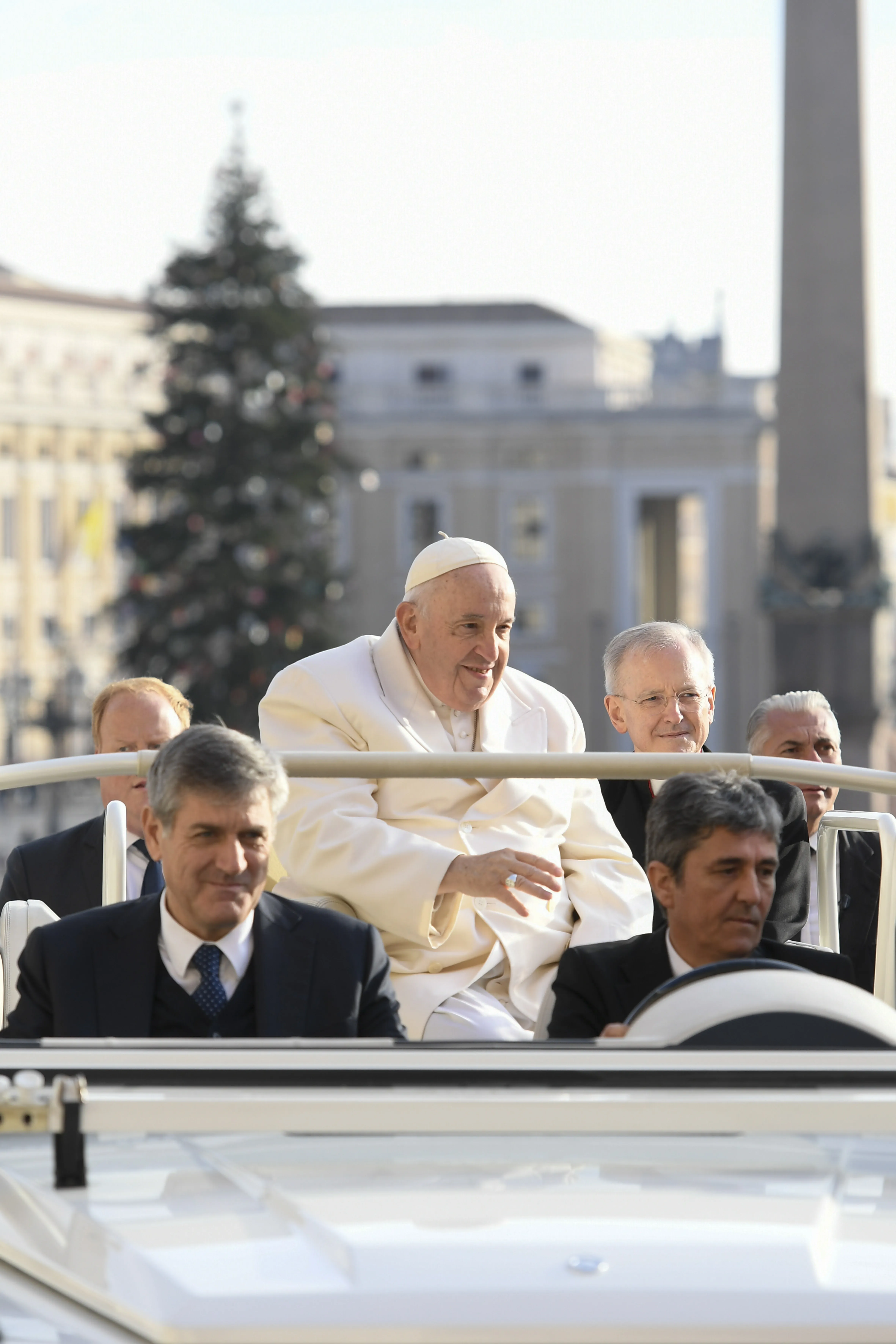
Leave a Reply